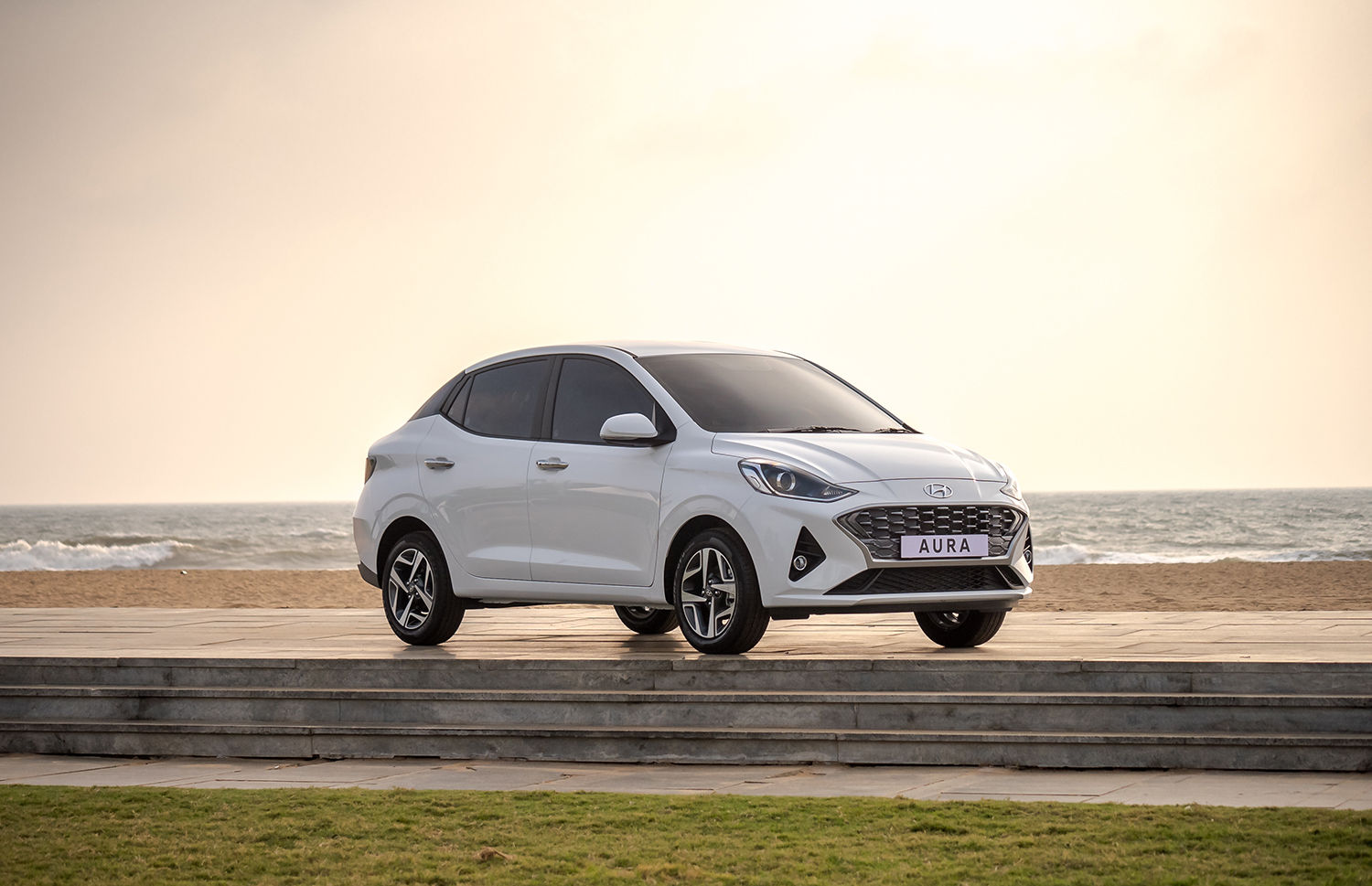Honeywell forecasts that 49 million vehicles will have turbos
Published On Sep 30, 2014 04:18 PM By Rahul
- Write a comment
Honeywell Turbo Technologies, the leading global developer of automotive turbochargers, released its Global Turbo Forecast that estimates the industry will generate $12 billion in revenue by equipping 49 million vehicles with turbochargers annually by 2019. The continued growth of turbocharging technologies will be driven by requirements for manufacturers to meet global environmental emissions regulations and bolstered by strong demand in emerging markets.

Downsized turbocharged engines are a “no compromise solution” for automakers seeking to satisfy more stringent global fuel economy and emission regulations and customer demand for better-performing vehicles. Turbochargers can help downsized engines improve fuel economy as much as 20 to 40 percent in gas and diesel engines, respectively, when compared with larger naturally aspirated engines and still provide the same or better engine performance. In addition to improving fuel efficiency, downsized turbocharged engines also reduce harmful exhaust emissions.
“Continued pressure to improve the driver experience and meet future industry requirements is spurring the positive trend seen in this year’s forecast, which include double-digit growth in both North America and China,” said Honeywell Transportation Systems president and CEO Terrence Hahn. “We expect the industry to produce more than 200 million new turbo-equipped vehicles during the next five years, driving continued demand for well-designed, boosted engines that reduce fuel consumption and improve vehicle performance.”
“With our localized engineering and manufacturing capability, we are optimistic about the India market,” said Milind Godbole, managing director, Honeywell Turbo Technologies, India. “We project turbo penetration to increase from 46 percent in 2014 to 48 percent in 2019 reflecting nearly 3 million sales of turbocharged vehicles, with petrol applications increasing in the mix.”
IHS Automotive Senior Director for Long Range Planning Philip Gott has been tracking the automotive industry and the technologies automakers are using around the world to help improve performance.
“During the past decade, turbochargers have moved from a niche technology in the high- performance market segment to an integral part of manufacturers’ mainstream emission control and fuel economy strategies,” Gott said. “Because they are compatible with virtually all engine technologies, they represent a global growth opportunity, making substantial gains even in the limited-growth markets of the U.S., Japan and Europe.”















